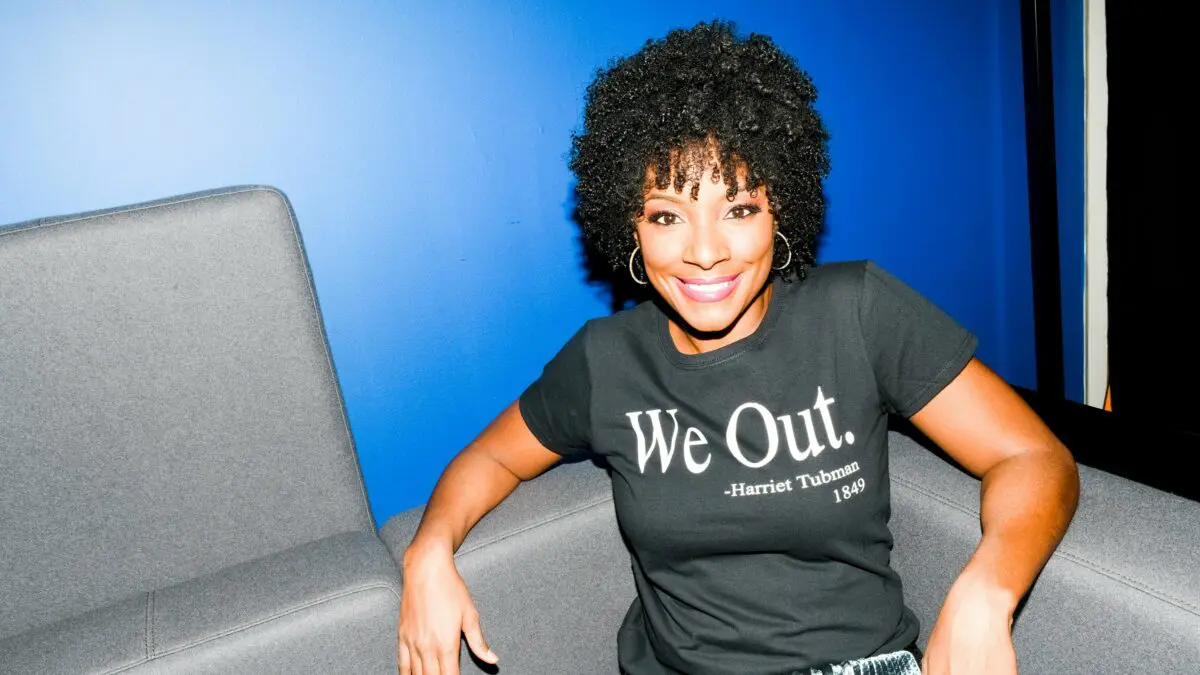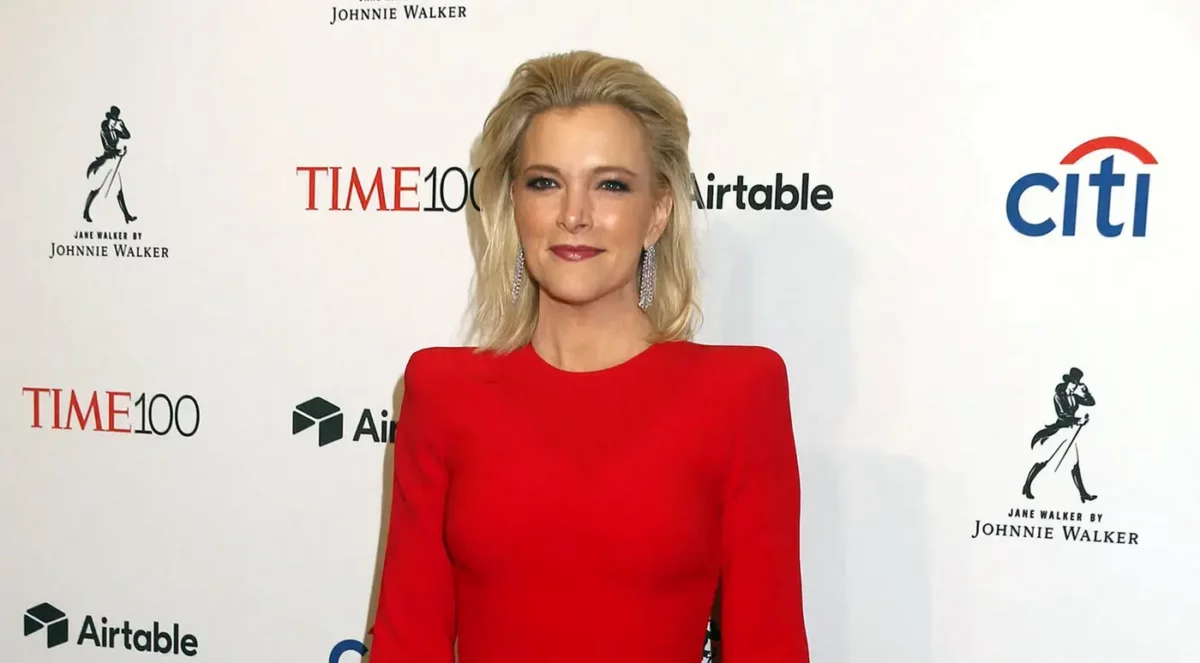The recent spat between prominent television hosts and their public responses has sent shockwaves through the media world. In a captivating exchange, Don Lemon and Megyn Kelly, formerly of CNN and NBC respectively, have unleashed their thoughts on each other with unrestrained honesty. The words flew fast and loose as Lemon took aim at Kelly, calling her a “troll” and “racist,” while responding to her harsh criticism of Joy Reid, who recently faced the cancellation of her primetime show at MSNBC. The stage is set for a media controversy that highlights not just personal vendettas, but larger questions regarding journalism and the roles of these television hosts in shaping public discourse.
As the tensions rise, it is imperative to understand the origins of this conflict. Megyn Kelly’s criticism of Joy Reid, following the cancellation of Reid’s show “The ReidOut,” has been a significant catalyst. Kelly has not held back, branding Reid as the “absolute worst person on television.” This bold declaration only fueled the fire, prompting Don Lemon to intervene. The exchange unveils a broader narrative about media criticism and the ongoing fallout from these high-profile departures from established networks. Such exchanges are indicative of the shifting landscape of independent journalism, where former network stars exert their voices more freely.
The Tensions Between Ex-Network Heavyweights
The recent conflicts between Don Lemon and Megyn Kelly signal the evolution of their careers. Once major fixtures in the media landscape, both have transitioned to a space where they can express their opinions without being tethered to network restrictions. This newfound freedom has not come without consequences. Kelly’s sharp critique of Joy Reid touches on themes of race, gender, and public perception. Her remarks about Reid as “the absolute worst person on television” come amid Reid’s show being canceled after five years, altering the dynamics of their professional rivalry.

Kelly’s Controversial Comments
Kelly’s criticisms towards Reid were layered and multifaceted. She not only targeted Reid’s performance on television but also brought past remarks made by Reid back into public discourse. Kelly’s comment about “white women tears” exemplified her strategy to question Reid’s previously made statements and their relevance in today’s media landscape. Following the cancellation of “The ReidOut,” calling for Reid’s exit from MSNBC highlights Kelly’s role in shaping public dialogue, even as it raises eyebrows about her motives.
In a notable reaction, Kelly used social media platforms to amplify her criticisms. On her X account, she proclaimed, “Good riddance to the absolute worst person on television,” to express her strong feelings about Reid’s departure. This prompted a flurry of discussions online, with many users chiming in, highlighting how social media has become a powerful tool for public figures to engage in media criticism. Such statements further illustrate the evolving landscape of television journalism where the lines between professionalism and personal opinion blur.
Lemon’s Response: A Clash of Personalities
In the wake of Kelly’s remarks, Don Lemon did not hesitate to address the situation directly. Using his YouTube platform, he fired back at Kelly in a lengthy rant that scrutinized her entire public persona. He called her a “troll” and referenced her historical context at NBC, employing the past to emphasize his point about her current criticisms of others. “No, the worst person on television was fired from NBC and that’s Megyn Kelly,” Lemon asserted, a deliberate jab that was both personal and public.
Lemon’s emotional tirade also highlighted various instances where Kelly had made controversial remarks, questioning her claim to support women in media when her past actions suggested otherwise. Such confrontations showcase not only the animosity between them but also raise inquiries about accountability in journalism. As former heavyweights in the domain, the scrutiny they now face is quite a shift from the cushy situations of network news.
The Role of Race and Gender in Media Criticism
The intricate dance between Lemon, Kelly, and Reid embeds itself within a larger conversation regarding race and gender representation in the media. Kelly’s tactics to criticize Reid often pivot on racial undertones, bringing to light how perceptions of race can skew the public’s view of performance in media roles. Don Lemon was quick to observe that Kelly’s dual criticism of Reid and others contradicted her claims of being a support pillar for women in journalism. This realization lays bare the deep-seated issues of race, gender, and the media, showcasing that the battlefield stretches beyond individual encounters into systemic practices.

Public Response to the Media Controversy
The public response to this unfolding drama was almost immediate. Social media became a hotbed of opinions, with many users eager to align with either Lemon or Kelly. The fervor around their words reflects not just personal grievances but broader implications regarding what audiences expect from public figures in media. The dramatic exchanges have skewed toward becoming viral, indicating a shift in the way audiences consume news and commentary. The stakes are high, as the public navigates who to see as credible voices amidst conflicting narratives.
Media experts argue that this confrontational approach could alter the broader landscape of journalism. Former network stars like Lemon and Kelly navigating the independent sphere of discovery allows them relaying candid thoughts. As much as it engenders more personal narratives, it also poses risks of sensationalism outweighing factual reporting. This dynamic feeds into watcher expectations that yearn for authenticity in an age riddled with misinformation.
The Future of Independent Journalism
This ongoing battle between Lemon and Kelly provides a unique insight into the future of independent journalism. Both figures are carving out new niches without the oversight of traditional networks but must be mindful of their words and the impact they have on their audience. The relationship between public figures and their followers continues to morph, with the lines of accountability increasingly blurred.
Reinventing Narratives in the Age of Social Media
As independent content creators, both Lemon and Kelly are tapping into emerging platforms that champion unfiltered expressions of opinion. Social media facilitates immediate feedback and a sprawling conversation on topical issues. Differentiating themselves based on prior network experiences gives them a distinct vantage point. The strategies they employ—whether through critique, humor, or conflict—could shape the narrative landscape for journalists seeking to reclaim agency while fostering an audience that hungers for connection.
Moreover, the intertwining themes of racial dynamics highlight critical issues needing discussion within mainstream media. Kelly’s actions, however contradictory, could spark dialogues on accountability in news commentary while Lemon’s responses center on integrity in journalism. This back-and-forth speaks to not just personalities clashing but the undercurrents of ethics and identity in reporting.
A Deeper Dive into the Legacies of Lemon and Kelly
The legacies of personalities like Don Lemon and Megyn Kelly are deeply interlinked with their performances on television and beyond. Their journeys have now veered into uncharted territories, redefining what it means to be recognized as credible journalists. This exploration necessitates a critical eye on the evolution of their careers while celebrating the narratives of those who came before them.
Analyzing the Impact on Audiences
As two of the most talked-about figures in media today, their interactions and conflicts inevitably influence audiences. Analysis from various media observers suggests that this ongoing discourse affects how viewers relate to their content. As both parties continue their media endeavors, it becomes crucial to track how their narrative arcs impact audience engagement and shape expectations for journalism in the modern age.
Both Lemon and Kelly have established significant followings, taking up spaces that invite engagement and discussion from diverse viewers. The way they tackle controversy invites others to rethink norms in journalism—a place where traditional views conflict with more modern takes. This stage for dialogue signifies the potential to push boundaries and innovatively adapt journalism to contemporary needs.
Table of Controversial Media Moments
| Media Personality | Controversial Statement | Context |
|---|---|---|
| Megyn Kelly | “Who’s crying now, Joy?” | Criticism of Joy Reid’s cancellation |
| Don Lemon | “Go f–k yourself!” | Response to Kelly’s remarks on his Youtube show |
| Joy Reid | “White women tears are offensive” | Controversy involving feminist narratives |
| Megyn Kelly | “The absolute worst person on television.” | Reaction commented during Reid’s show cancellation |
| Don Lemon | “The worst person on television was fired from NBC and that’s Megyn Kelly!” | Counterattack in Kelly’s criticism of Reid |
Exploring the Evolving Landscape of Journalism
The media landscape is constantly evolving, and the confrontations between Lemon and Kelly punctuate this evolution. Recognizing the complexities of gender, race, and the public’s response to media figures helps navigate the shifting tides. With public figures now taking their narratives into their hands through social media, what was once confined to the television screen extends into broader discussions of accountability and critique.
The legacies of such figures will continue to inspire new waves of journalism, where independent voices thrive amidst intricate political dynamics. As both Lemon and Kelly navigate their uncertain futures, their paths will impact both their careers and how upcoming journalists perceive storytelling, performance, and audience engagement. This continuous reshaping reveals just how crucial understanding public discourse has become in crafting narratives within the media.
Hi there! I’m Jade, a 38-year-old gossip journalist with a passion for uncovering the juiciest stories in the world of celebrity news. With years of experience in the industry, I love sharing the latest trends and insider scoops.



